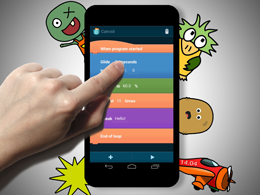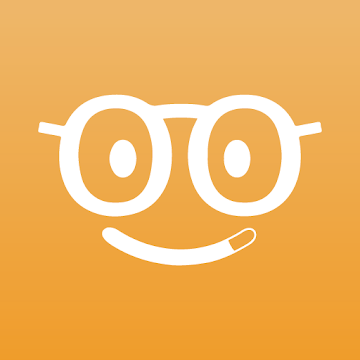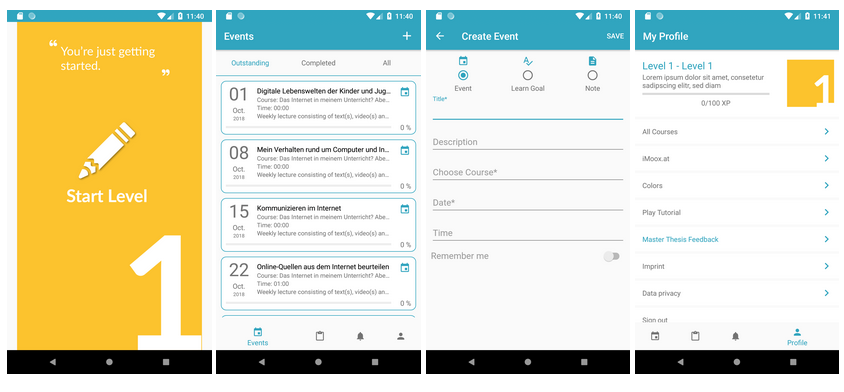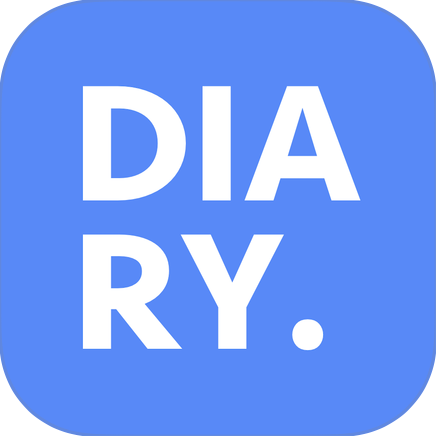Our publication about „A Mobile Application for School Children Controlled by External Bluetooth Devices“ got published in the new issue of the International Journal of Interactive Mobile Technologies (iJIM).
Abstract:
The didactic method of digital, game-based learning includes integrating educational content or learning standards into video games with the objective to engage pupils. The method combines instructional content with computer or video games and can be used with all subjects and at all ability levels. Exponents of digital game-based learning argue that it provides learning opportunities which involve learners in interactive teaching and encourages them to take part in the technological society of the 21st century. The necessity of digital, game-based learning arose in the last decades of the 20th century as world-wide improvements in innovation took place. Today’s learners live their lives with easy access to technology. This paper discusses the need for, motivation for and adjustment of digital, game-based learning to meet the needs of contemporary and the future generations of learners. Specifically, a game prototype for pupils of 9 to 10 years of age was implemented and evaluated. A simple mathematical game was created to help children practice mathematical skills in a fun, logical, thoughtful, enjoyable, amusing and light-hearted way. The results of the evaluation showed that children were interested in using mobile devices to learn mathematics, and especially the multiplication table. During the study, children tried both to achieve positive results and enjoyed the game. Our findings indicate that using mobile-based games encourages a positive mental outlook in pupils toward mathematics, ensures their dynamic, noteworthy participation and supports the acquisition of mathematical knowledge.
[Article @ ResearchGate]
[Article @ Journal’s Homepage]
Reference: Maloku, V., Ebner, M., Ebner, M. (2018) A Mobile Application for School Children Controlled by External Bluetooth Devices. International Journal of Interactive Mobile Technologies. 12(5). 81-96 ISSN: 1865-7923

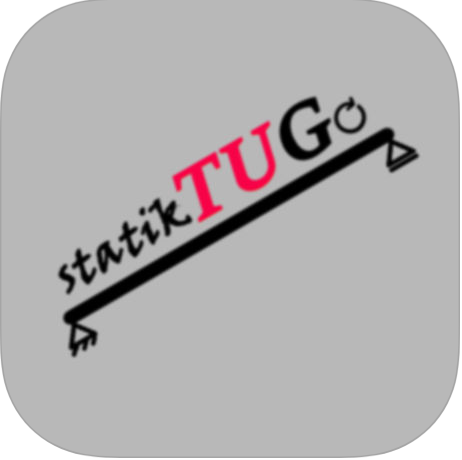
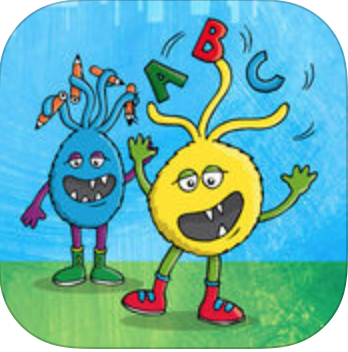 Unser
Unser 